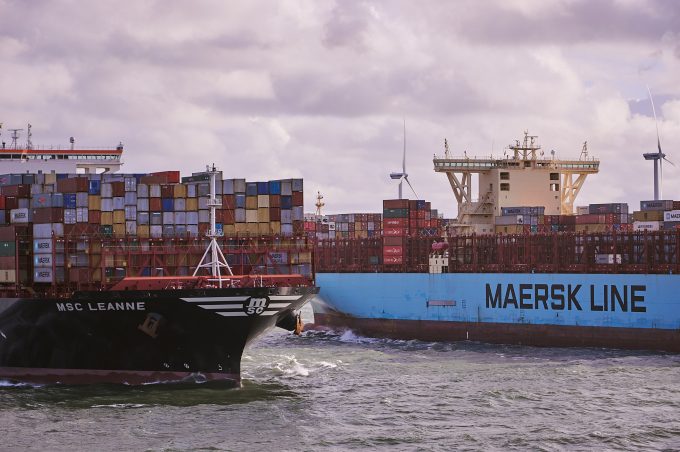European port congestion easing – for now
Port congestion across North Europe’s key hubs appears to be abating – although the relief ...

Antwerp is the latest North European box port to suffer from the knock-on effect of terminal and quay congestion, with vessel berthing waiting times now extending to five days at the Belgium hub.
But there are also some indications that congestion at container hubs in North ...
Predatory rivals circle as the ripples from DSV's Schenker buy widen
Latest Israeli attack on Iran a threat to box ships in Straits of Hormuz
DHL Express facilities in Canada forced to shut down by strike
Industry concerns rise after yet another box ship on fire off Indian coast
New Middle East conflict brings airspace closures, flight chaos and oil price worry
More legal trouble in India for MSC: feeder vessel detained after box ship disasters
Return of downward pressure on container spot freight rates
BYD launches logistics subsidiary – and eyes ports and shipping sectors


Comment on this article